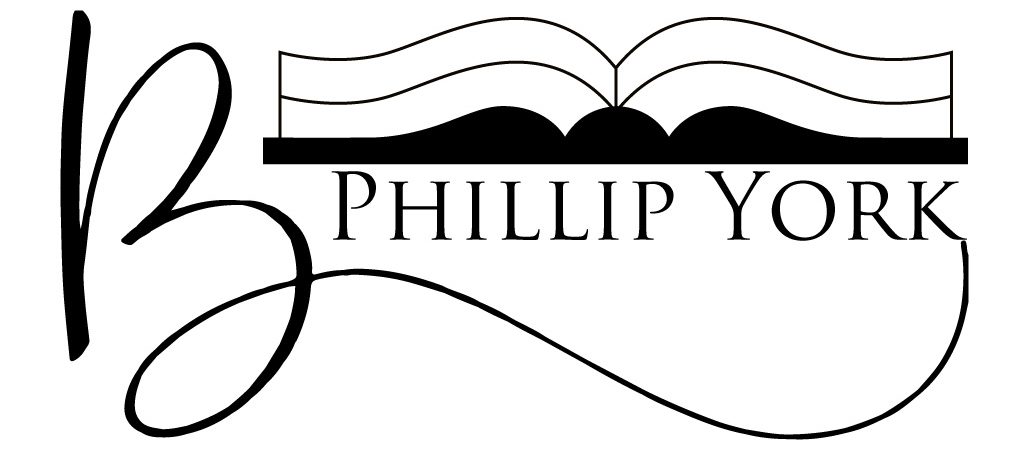[vc_row type=”in_container” full_screen_row_position=”middle” scene_position=”center” text_color=”dark” text_align=”left” overlay_strength=”0.3″ shape_divider_position=”bottom” bg_image_animation=”none”][vc_column column_padding=”no-extra-padding” column_padding_position=”all” background_color_opacity=”1″ background_hover_color_opacity=”1″ column_link_target=”_self” column_shadow=”none” column_border_radius=”none” width=”2/3″ tablet_width_inherit=”default” tablet_text_alignment=”default” phone_text_alignment=”default” column_border_width=”none” column_border_style=”solid” bg_image_animation=”none”][vc_column_text]By Ursula K. Leguin
The Left Hand of Darkness is Leguin’s prescient look at the difficulties of gender identity. The fourth book in the Hainish cycle, a series of books that share a single universe and a few technologies but little else, it concerns an attempt by “the Ekumen” to make contact with an isolated world of humans who have experienced some manner of genetic engineering or drift. The trope of contact by a galactic civilization is well established in science fiction, but Leguin turns it on it’s head here, because rather than being a multi-species organization a la the United Federation of Planets, the Ekumen is composed solely of humans. The Ekumen represents a resurgent interstellar civilization of humans, re-emerging from a dark age, and their method is to send a single person to contact the human worlds they discover.
The story follows this Envoy on his attempts to convince local governments of his reality, that is that he is an alien, from a foreign civilization.
“Truth is a matter of the imagination. The soundest fact may fail or prevail in the style of it’s telling.”
In typical Leguin fashion, the telling is masterful, with elegant restrained worldbuilding which supports the broad theme of the book, human gender and sexuality. The planet, Gethen, is a cold one, and throughout the book is usually referred to by it’s nickname, given by the original exploration team, Winter. Throughout the novel Leguin interweaves the environment in subtle but powerful ways, such as the invented idiom “A lot of snow out of one cloud, and it grows thicker.” This is wonderful worldbuilding. Not a dry recitation of facts, but rather a perfect example of worldshowing, where the facts of human existence impinge on the awareness of it’s inhabitants, affecting their language. There’s no particular explanation needed, the idiom stands alone, and so there is little requirement for the kind of info-dumping that often accompanies such an utterance.
“They say here “all roads lead to Mishnory.” To be sure, if you turn your back on Mishnory and walk away from it, you are still on Mishnory road. To oppose vulgarity is inevitably to be vulgar. You must go some-where else; you must have another goal; then you walk a different road.”
I first read this passage many years ago, more than 20, and it has always struck me as a grand insight, as well as a striking example of the explanation of a difficult concept in few words. Most people are probably familiar with the saying “all roads lead to Rome” and it’s altered use here helps anchor the text in the world of Winter. But Leguin here casually tosses off a profound philosophical truth: as long as we continue to allow ourselves to choose between two diametrically seeming opposites, we are in essence trapped. If someone is pro-hunting or anti-hunting, they are still tacitly acknowledging that hunting exists and implicitly placing themselves on a spectrum between the two. In truth many times we have a plethora of options available and rather than choosing from among them we identify one single condition, and align ourselves to either support or oppose it. This is, in my view, one of the purposes of speculative fiction, to consider and disseminate the spread of radical reimagining’s of the human condition, and Leguin lives up to her reputation consistently through examples like this.
The deep heart of the matter of the Left Hand of Darkness though, is the treatment of gender. The inhabitants of Winter do not have gender in the traditional sense. Rather, for most of the month, they are genderless, and then go into a state called “Kemmer” during which they will develop either male or female sexual reproductive organs. The Envoy then, as a “normal” human on Winter, is a freak. Because the natives closely resemble “normal” humans, the Envoy is largely indistinguishable, and most of the people he encounters are unaware that he is, by their standards, a hyper-sexualized pervert. This device should make their reader question their unstated assumptions about sex and gender and the way our current civilization deals with these issues. What if we could, perhaps through chemical intervention, prevent sexual characteristics from developing, or repress them for three and a half weeks out of the month? Would civilization be different? More or less complex, kinder or crueler?
Leguin does not outright answer these questions, but rather circles around them throughout the text, in a methodology designed to make the reader ask, and possibly answer the question themselves. Her prose in doing so is excellent, and the story itself is gripping and well-executed enough, with twists and turns to keep the reader guessing, so that the tale does not have to try to survive solely on concept.
I highly recommend The Left Hand of Darkness.
Affiliate link (if you purchase through this link I will receive some small recompense):
The Left Hand of Darkness
[/vc_column_text][/vc_column][vc_column column_padding=”no-extra-padding” column_padding_position=”all” background_color_opacity=”1″ background_hover_color_opacity=”1″ column_link_target=”_self” column_shadow=”none” column_border_radius=”none” width=”1/3″ tablet_width_inherit=”default” tablet_text_alignment=”default” phone_text_alignment=”default” column_border_width=”none” column_border_style=”solid” bg_image_animation=”none”][vc_column_text]
“Truth is a matter of the imagination. The soundest fact may fail or prevail in the style of it’s telling.”
[/vc_column_text][divider line_type=”No Line” custom_height=”120″][image_with_animation image_url=”679″ alignment=”” animation=”Fade In” border_radius=”none” box_shadow=”none” max_width=”100%” img_link=”https://amzn.to/32kgPL2″][divider line_type=”No Line” custom_height=”120″][vc_column_text]
“They say here “all roads lead to Mishnory.” To be sure, if you turn your back on Mishnory and walk away from it, you are still on Mishnory road. To oppose vulgarity is inevitably to be vulgar. You must go some-where else; you must have another goal; then you walk a different road.”
[/vc_column_text][/vc_column][/vc_row]

